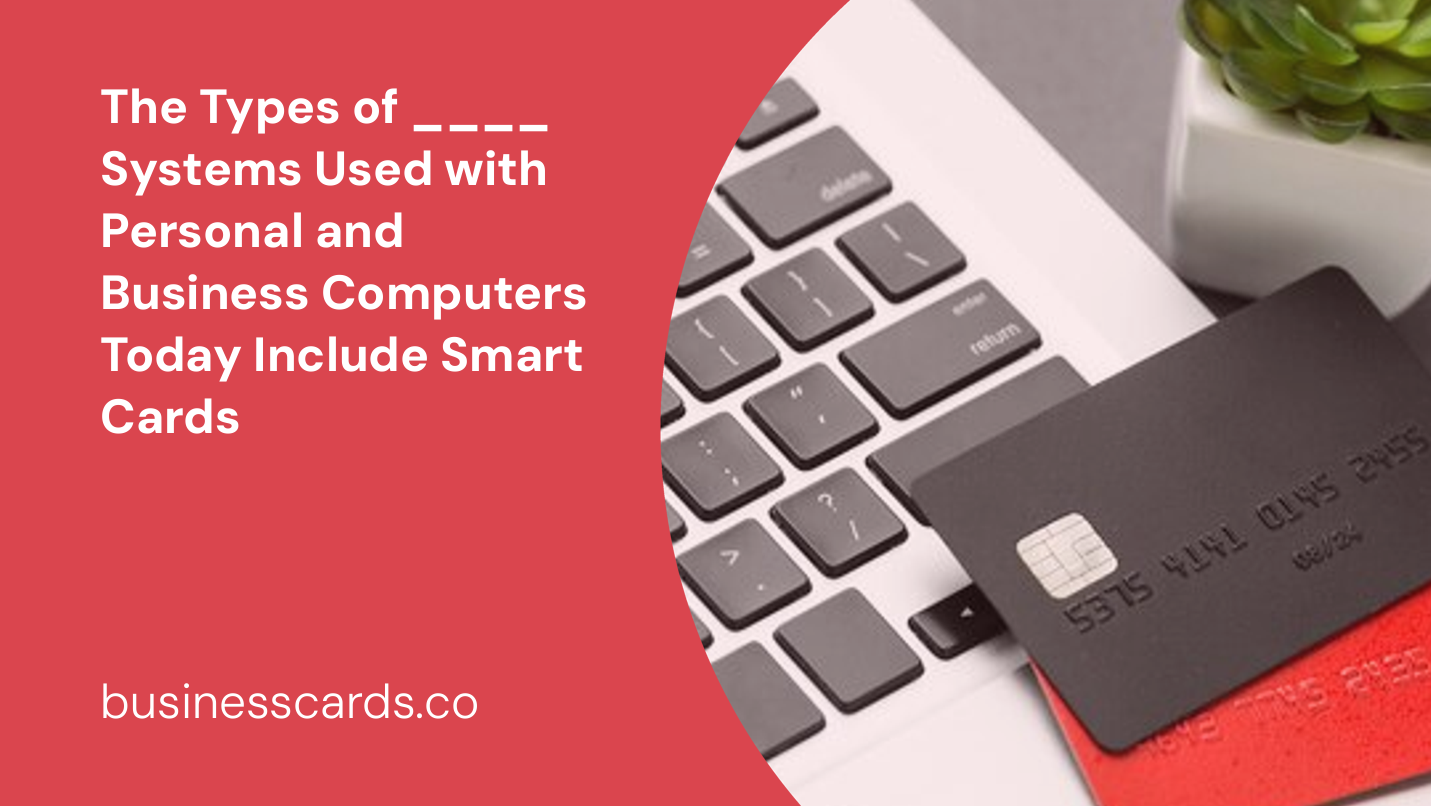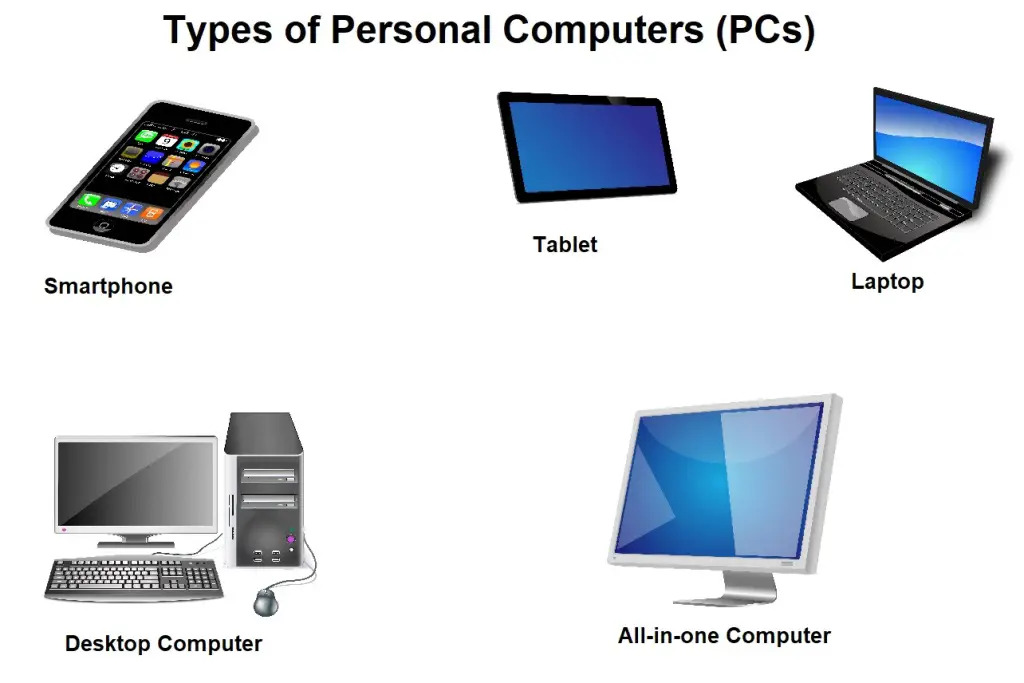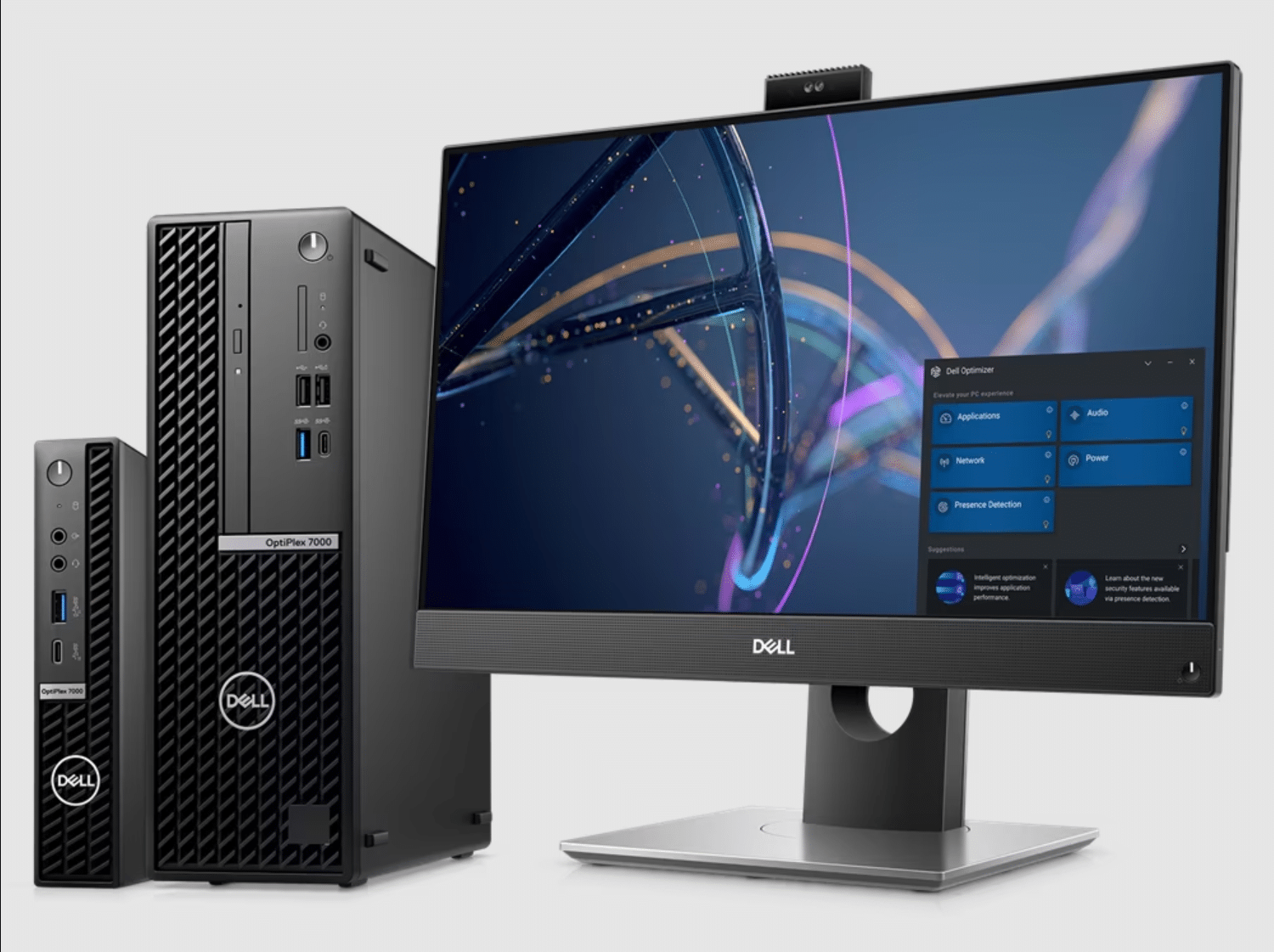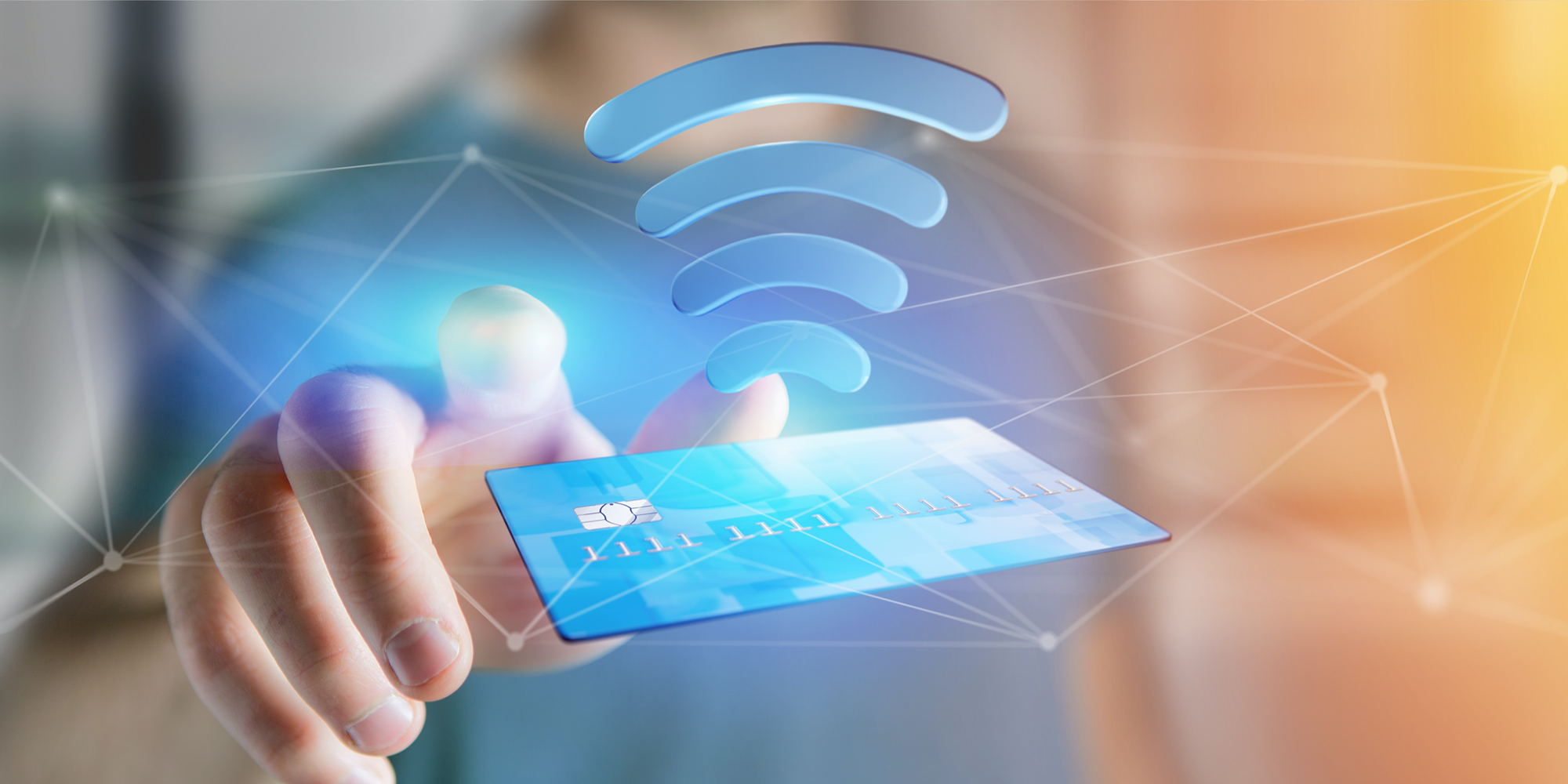
Technology plays a crucial role in our lives, permeating every aspect of our personal and professional spheres. Computers have become an integral part of our daily routine, enabling us to communicate, access information, and carry out various tasks efficiently. To ensure the security and integrity of these computing systems, various authentication methods have been developed. One such method involves the use of smart cards, which have gained significant popularity in recent years. In this article, we will explore the different types of systems used with personal and business computers today, focusing specifically on the role of smart cards in securing these systems.
Understanding Authentication Systems

Before delving into the various types of systems used with personal and business computers, it is essential to understand the concept of authentication. Authentication is the process of verifying an individual’s identity before granting access to a system or resource. In the context of computer systems, authentication ensures that only authorized users can gain entry, protecting sensitive information from unauthorized access or potential threats.
Authentication systems typically involve the use of something the user knows (e.g., a password), something the user has (e.g., a smart card), or something the user is (e.g., biometric data). By combining two or more of these factors, multi-factor authentication (MFA) systems provide an additional layer of security.
Password-Based Authentication Systems

One of the most prevalent types of authentication systems used with personal and business computers relies on passwords. Password-based authentication involves the user entering a pre-determined sequence of characters, known only to them, to gain access to a system or resource. While passwords are easy to understand and implement, their effectiveness can be compromised if they are weak, guessable, or shared among multiple platforms.
To enhance the security of password-based authentication systems, best practices recommend the use of complex passwords, including a combination of upper and lower case letters, numbers, and special characters. Additionally, it is crucial to regularly update passwords to mitigate the risk of potential security breaches.
Token-Based Authentication Systems
Token-based authentication systems offer an alternative approach to securing personal and business computers. Tokens, often in the form of physical or virtual devices, generate a one-time password (OTP) that is valid only for a short duration. These OTPs, along with a traditional password, provide two-factor authentication, raising the bar for potential unauthorized access.
One common type of token-based authentication system is smart cards. Smart cards are credit card-sized devices that contain an embedded integrated circuit chip. These chips store and process data securely, making them an ideal choice for storing sensitive authentication information. Smart cards leverage public-key cryptography, ensuring that the private key required for authentication never leaves the card, adding an additional layer of security.
Smart Cards: A Closer Look

Smart cards are small, portable, and tamper-resistant devices that have become increasingly popular for personal and business computer systems. These cards store and process information securely and can be easily carried in a wallet or cardholder. Smart cards are widely used in a multitude of applications, including identification systems, payment systems, and access control systems.
The key component of a smart card is the integrated circuit chip, which accommodates various functionalities. This chip contains a microprocessor or microcontroller, data storage, and cryptographic algorithms. The data stored on a smart card can include user identification information, passwords, encryption keys, digital certificates, and more.
Contact and Contactless Smart Cards

Smart cards can be categorized into two main types: contact and contactless. Contact smart cards require physical contact with a card reader to transmit data. When inserted into a card reader device, the chip comes into direct contact with electrical connectors, enabling communication between the card and the reader. Contact smart cards are commonly used in banking, identification, and healthcare systems.
On the other hand, contactless smart cards utilize radio frequency identification (RFID) technology to communicate with the reader. These cards do not require physical contact and can be waved or tapped near the reader for data transmission. Contactless smart cards offer convenience, speed, and durability, making them suitable for applications such as transportation, hotel key cards, and access control systems.
Benefits and Challenges of Using Smart Cards

The adoption of smart cards in personal and business computer systems offers several benefits. Firstly, smart cards enhance security by providing a secure storage medium for authentication information. As the private key required for authentication never leaves the card, it becomes significantly more challenging for potential attackers to gain unauthorized access. Furthermore, smart cards enable two-factor authentication, combining something the user has (the physical card) and something the user knows (the PIN or password).
Another advantage of smart cards is their versatility and interoperability. These cards can be used in various applications and systems, simplifying the user experience and reducing the number of credentials or access cards required. Additionally, smart cards support the storage of multiple credentials, allowing users to access different services and resources using a single card.
Despite the numerous benefits, the adoption of smart cards also presents some challenges. One challenge is the cost associated with implementing smart card infrastructure. The deployment of card readers, card management systems, and smart cards themselves can incur significant upfront expenses. Organizations must weigh the cost against the potential benefits and security improvements.
Another challenge with smart cards lies in the event of card loss or theft. If not promptly reported, a lost or stolen smart card could compromise the security of the associated system or resources. Organizations must have robust processes in place to invalidate and reissue new cards in such cases.
Conclusion

Authentication systems are an essential aspect of personal and business computer security, safeguarding sensitive information and resources from potential threats. Smart cards, with their secure storage and processing capabilities, offer an effective means of authentication. By combining something the user knows (e.g., a PIN) with something the user has (the physical card), smart cards provide a robust and secure authentication solution for personal and business computer systems.
As technology continues to advance, it is likely that smart cards will see even greater adoption and integration into various applications. The benefits they offer, including enhanced security, versatility, and interoperability, make them a compelling choice for personal and business computer authentication. With ongoing advancements and innovations, the future of smart card systems appears promising, ensuring the continued protection and integrity of personal and business computing environments.
Ava Taylor’s passion for branding and marketing shines through in her dynamic writing. She brings a unique perspective with her background in event planning, infusing creativity into her content. When she’s not writing, Ava enjoys organizing community events and gatherings.